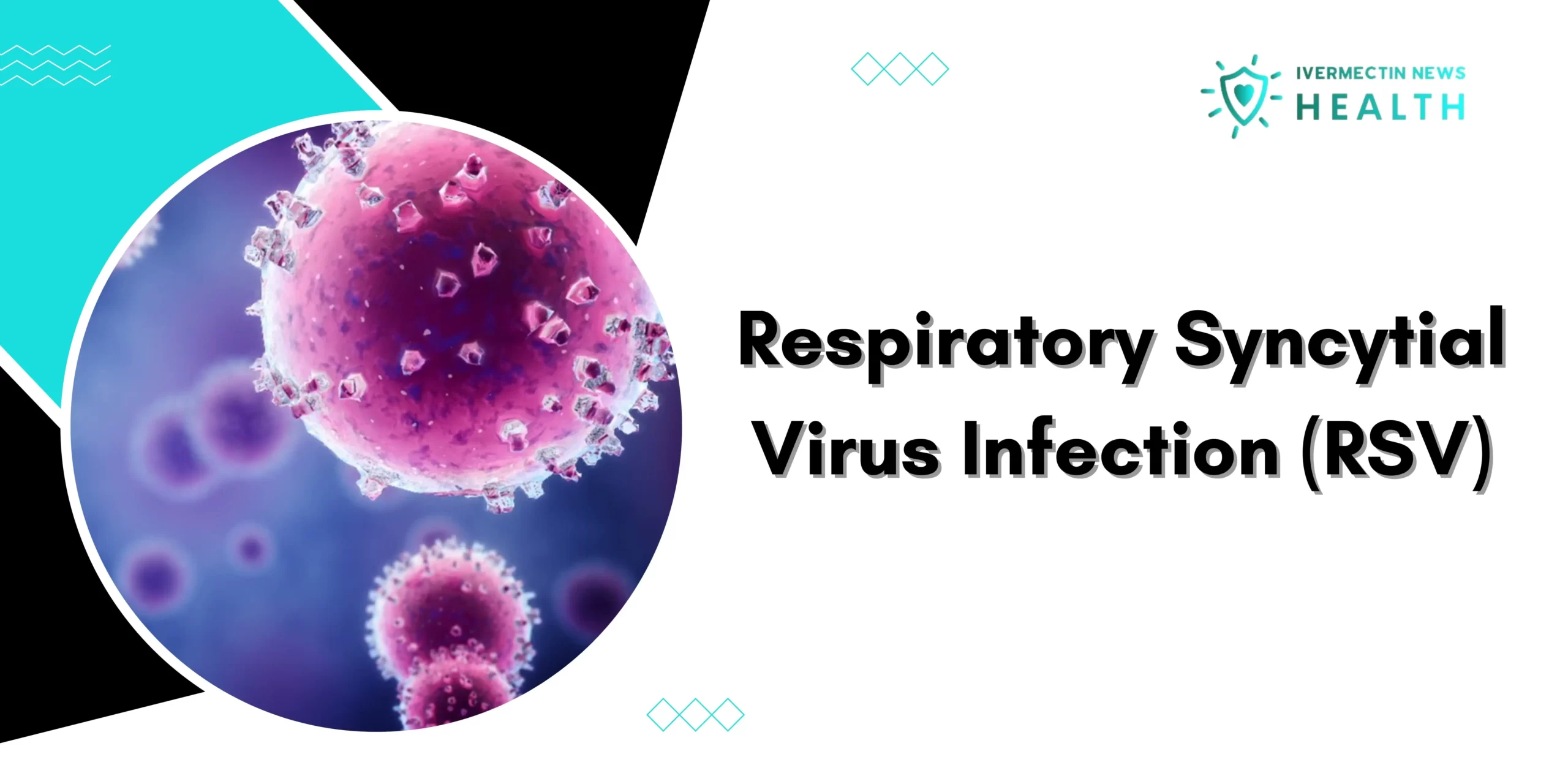Respiratory Syncytial Virus (RSV) infection poses a significant health risk, especially to vulnerable demographics like infants, young children, and the elderly. This highly contagious virus affects the respiratory tract, leading to bronchiolitis and pneumonia. Understanding RSV and its impact is crucial for early identification, timely intervention, and effective preventive measures.
What is RSV?
Respiratory Syncytial Virus (RSV) is a highly contagious virus that affects the respiratory tract. It’s a leading cause of bronchiolitis and pneumonia among infants and young children, particularly under the age of one. RSV can also impact older adults and individuals with weakened immune systems.
Who is at Risk for RSV?
Understanding the demographics vulnerable to RSV is crucial:
- Infants and Young Children: Especially those under six months old.
- Elderly Individuals: Particularly adults over the age of 65.
- Individuals with Chronic Health Conditions: Such as heart or lung disease or weakened immune systems.
- Premature Babies: Babies born prematurely are at a higher risk due to underdeveloped lungs and immune systems.
Respiratory Syncytial Virus Infection Causes and Spread
RSV spreads through respiratory secretions, such as droplets from coughs or sneezes. The virus can survive on surfaces for several hours, making contact transmission a significant concern. Crowded places, daycare centers, and hospitals are common environments for RSV transmission.
RSV Symptoms
Identifying RSV symptoms aids in prompt intervention:
- Cold-like Symptoms: Runny nose, coughing, sneezing.
- Fever: Often high fever in infants and young children.
- Breathing Difficulties: Wheezing, rapid breathing, or shortness of breath.
- Reduced Appetite: Especially in infants.
- Irritability: Particularly in babies and young children.
Respiratory Syncytial Virus Infection Diagnosis
Diagnosing RSV typically involves a combination of a physical examination, evaluating symptoms, and laboratory tests. Nasal swabs or samples from the throat may be collected for analysis to confirm the presence of the virus.
RSV Treatment
Treatment for RSV primarily focuses on alleviating symptoms as the virus runs its course. For severe cases, hospitalization may be necessary, especially for infants and individuals with compromised immune systems. Supportive care, such as maintaining hydration and monitoring breathing, is vital.
Respiratory Syncytial Virus Infection Prevention
Preventing RSV involves several key strategies:
- Hand Hygiene: Regular handwashing with soap and water.
- Avoiding Close Contact: Especially with sick individuals.
- Cleaning Surfaces: Regularly disinfecting frequently touched surfaces.
- Limiting Exposure: Particularly during peak RSV seasons, usually in fall and winter.
- Vaccination: In certain cases, specific preventive medication may be recommended.
RSV Prevention for Babies
Extra precautions are necessary to safeguard infants from RSV:
- Avoiding Crowded Areas: Especially during peak RSV seasons.
- Good Hygiene Practices: Ensuring all caregivers and visitors practice proper hand hygiene.
- Breastfeeding: Providing breast milk to boost the infant’s immune system.
- Keeping Infants Away from Sick Individuals: Limiting exposure to people with cold-like symptoms.
Conclusion
RSV remains a concerning respiratory virus, especially for vulnerable populations. Awareness, preventive measures, and timely medical attention are crucial in combating its spread and minimizing its impact.
FAQs
- Is RSV contagious?
Yes, RSV is highly contagious and can spread through respiratory droplets. - Can adults get RSV?
Yes, while it’s more common in children, adults can contract RSV, especially those with weakened immune systems. - Are there vaccines available for RSV?
Presently, there are limited vaccines for RSV, primarily targeted at high-risk infants. - How long does RSV last?
The duration of RSV infection can vary but typically resolves within one to two weeks. - Is RSV seasonal?
Yes, RSV infections often peak during the fall and winter months.





